1. Introduction: The Growing Interest in Natural Focus Support
Attention challenges in children are becoming increasingly common, leaving many parents searching for solutions. While prescription medications are an option, they often come with side effects like sleep disturbances, appetite suppression, and mood swings. This has led parents to explore natural alternatives that promote focus, memory, and learning without stimulants.
One promising area of research is functional mushrooms—a category of fungi rich in bioactive compounds that may support brain function. These mushrooms, like Lion’s Mane, Reishi, and Cordyceps, have been used in traditional medicine for centuries and are now being studied for their potential role in cognitive enhancement. But do they actually work? Can they truly support attention and learning? Let’s dive into the science.
2. Understanding Focus & Cognitive Function in Kids
The ability to focus is controlled by a network of brain regions, including the prefrontal cortex, which regulates attention, impulse control, and memory. For children, particularly those who struggle with focus, maintaining sustained attention can be difficult. This is often linked to dopamine and acetylcholine imbalances—two neurotransmitters essential for cognitive function.
How Nutrition Plays a Role in Cognitive Performance
Scientific studies show that nutritional deficiencies can impair cognitive function, while certain nutrients support brain health:
- Omega-3 fatty acids enhance neuronal communication and brain plasticity.
- Zinc is linked to improved attention and learning.
- Magnesium helps regulate neurotransmitter activity.
- Antioxidants protect neurons from oxidative stress.
Functional mushrooms are now being explored for their unique bioactive compounds, which may complement these essential nutrients to support brain health.
3. What Are Functional Mushrooms?
Functional mushrooms are not your typical culinary mushrooms—they contain powerful compounds that influence brain function, immune response, and overall wellness. Unlike traditional vitamin-based supplements, they offer a complex mix of antioxidants, polysaccharides, and neuro-supportive compounds.
Key Bioactive Compounds in Functional Mushrooms
Research suggests that functional mushrooms contain compounds that may influence brain activity:
- Hericenones & Erinacines (found in Lion’s Mane) stimulate Nerve Growth Factor (NGF), essential for brain plasticity and neuron repair.
- Beta-glucans are polysaccharides that modulate immune and brain function.
- Triterpenes (found in Reishi) have adaptogenic properties that may support stress resilience and emotional balance.
With these properties, scientists are now studying functional mushrooms for their potential role in focus, learning, and memory.
4. The Science Behind Functional Mushrooms & Cognitive Function
Lion’s Mane & Cognitive Enhancement
A 2019 study published in the International Journal of Molecular Sciences found that Lion’s Mane may stimulate nerve regeneration and improve memory function. Another 2020 study in Frontiers in Aging Neuroscience suggested that Lion’s Mane supplementation was associated with improved cognitive performance and reduced brain fog.
Although these studies primarily focus on adults, the neurotrophic effects of Lion’s Mane suggest potential benefits for brain development and focus in children.
Reishi & Stress Resilience
Reishi is often called the “mushroom of immortality” due to its adaptogenic properties. Research suggests that it may help regulate the body’s stress response, reducing anxiety levels that interfere with focus and learning. Studies have linked Reishi consumption to lower cortisol levels, the primary stress hormone.
Cordyceps & Mental Energy
Cordyceps mushrooms are known for their role in cellular energy production. Research in the Journal of Alternative and Complementary Medicine found that Cordyceps supplementation improved oxygen utilization and endurance, which may contribute to sustained mental stamina and reduced mental fatigue in children.
Final Thoughts: Should You Give Your Child Lion’s Mane?
Lion’s Mane is a promising, natural supplement that supports memory, focus, and learning ability—especially for kids struggling with attention and cognitive function. While more research is needed, the current studies and anecdotal evidence are encouraging.
As the demand for natural brain-boosting supplements for kids grows, a few brands have started formulating mushroom-based gummies specifically for children. Right now, there are only three options available worldwide:
1️⃣ ShroomIQ Gummies – The Most Complete Formula
Key ingredients: Lion’s Mane, Cordyceps, Reishi, Omega-3 DHA, Magnesium, B Vitamins, Zinc
How it works: A fully rounded cognitive supplement designed to support focus, learning, and emotional balance with a mix of brain-boosting mushrooms and essential nutrients.
Supply: 1-2 months depending on age
Cost: £34 GBP / $39 USD
2️⃣ Royal Mushroom Brain Gummies – Overdosed & Unbalanced
Key ingredients: Lion’s Mane (1000mg), Chaga, Reishi
How it works: Extremely high-dose mushrooms but lacks Omega-3, Magnesium, and key vitamins for cognitive support.
Supply: 1-month
Cost: $29 USD
❌ Downside: No customer reviews yet, and mushroom dose is very high for kids.
3️⃣ Roots to the Future Mushroom Gummies – Limited Formula
Key ingredients: Birch Polypore Mushroom only
How it works: Marketed as a natural immune and gut health booster, but doesn’t contain Lion’s Mane for focus or learning.
Supply: 1-month
Cost: £19 GBP
❌ Downside: Lacks Lion’s Mane, Cordyceps, Reishi, or any brain-specific nutrients.
📌 Since mushroom-based kids’ gummies are a brand-new category, there are only three options available—but not all are designed for cognitive support.
For parents looking for the most effective brain-boosting mushroom gummy, ShroomIQ stands out as the most well-balanced formula, combining Lion’s Mane with essential vitamins, minerals, and Omega-3 DHA.





